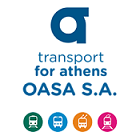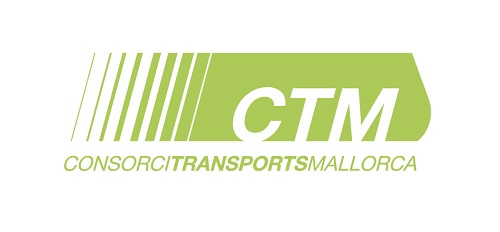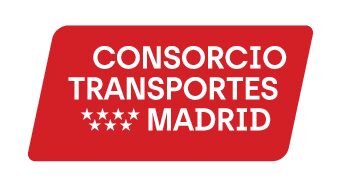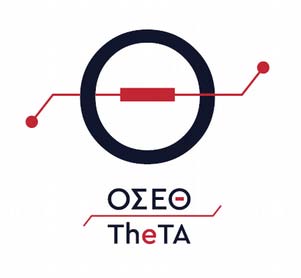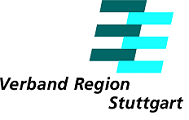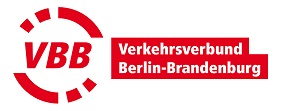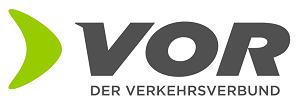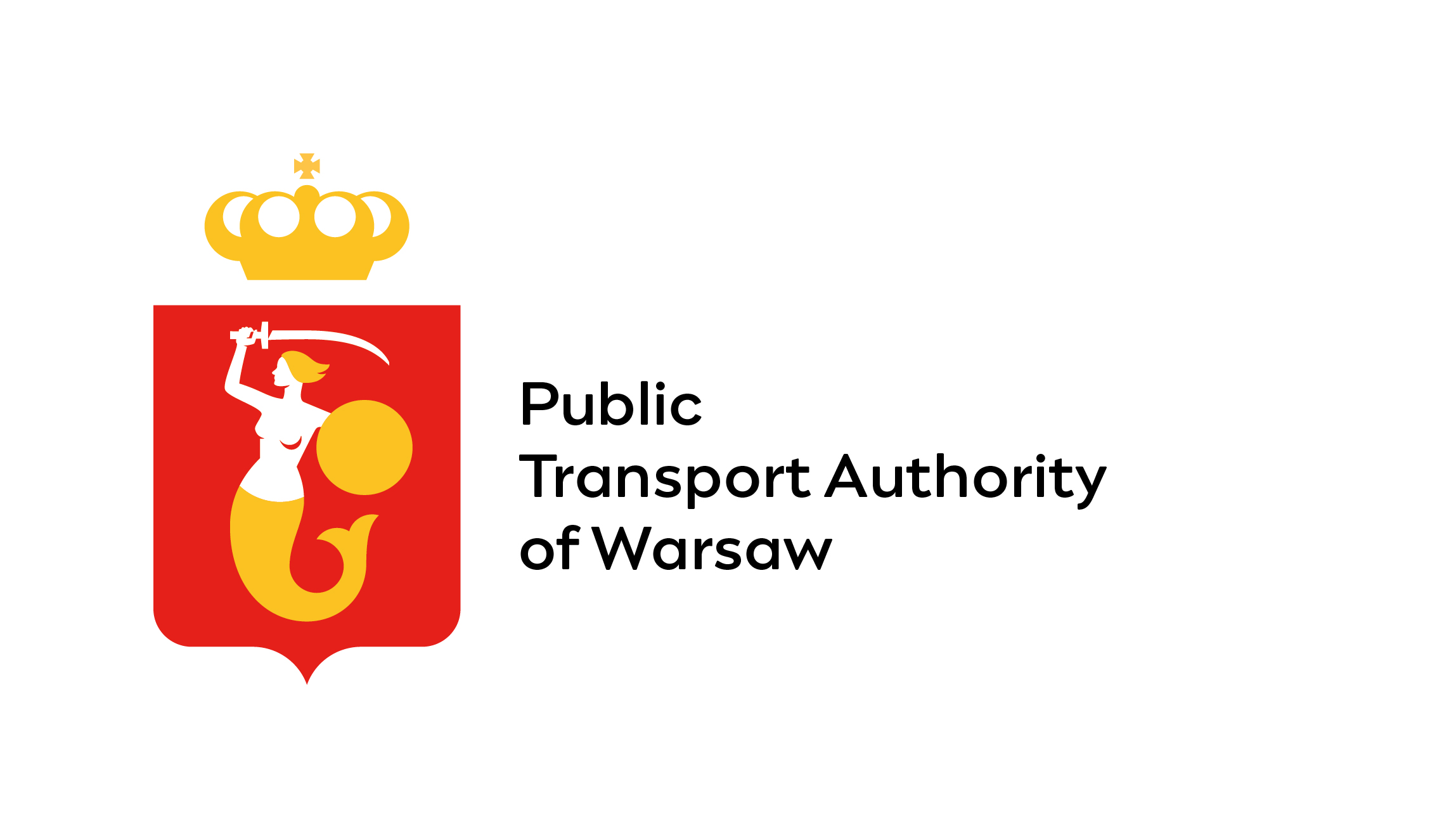Latest changes on emta.com
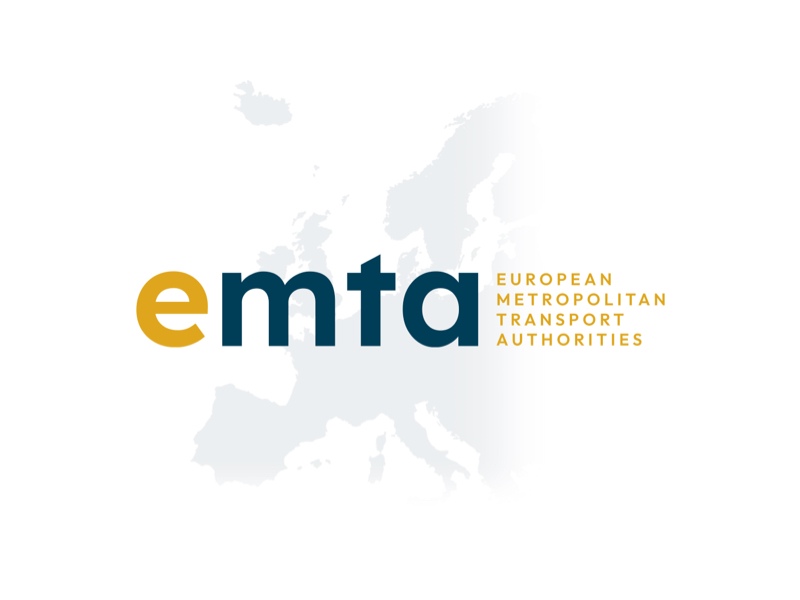
2020 – Cycling facilities and bike parking to large even – IdFM Paris
Questionnaire & Synthesis

EMTA General meeting 2020
12th November 2020, 13h00-17h00. Virtual call. Invitation sent to members.

EMTA Webinar : Lessons for the role of transport authorities
29th october 2020, 15h00-16h30. Invitation sent to EMTA members

EMTA Webinar : Restoring ridership and incentivizing sustainable behaviour
15th october 200, 15h00-16h30. Invitation sent to EMTA members.

EMTA Webinar : Financial situation and risk allocation
1rst october 2020, 15h00-16h30. Invitation sent to EMTA members.

2020 – New mobility and professionalized carpooling – VOR Vienna
Questionnaire in english->https://www.survio.com/survey/d/V8Q3B3P3U5D4W5Q4T] or in german & [Synthesis

2020 – Public Transport Planning, Coordination and Information system – MESP Vilnius
Questionnaire->https://survey123.arcgis.com/share/85fc4e28cc0749ad9ef4aa9d87bd15e0] & [Synthesis
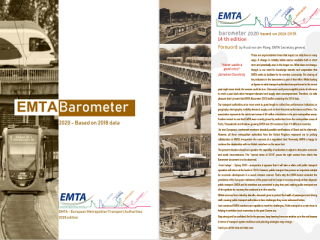
The new Barometer 2020 with 2018 data is published
All previous editions are available in the Publication section.
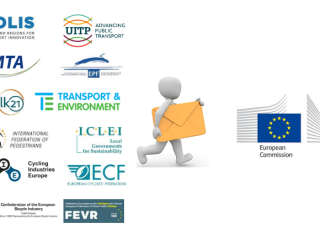
Open letter about the European exit strategy sent to Vice President and European commissioner for transport
The 4th May, EMTA and 11 other major actors of the Urban mobility in Europe adressed an joint letter to Mr Timmermans, Vice Président of the European Commission, and Mrs Vălean, Commissioner for Transport about the European exit strategy.
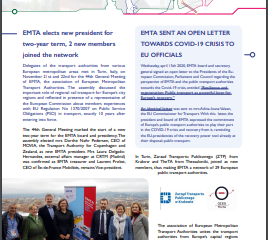
EMTA newsletter Spring 2020 is published
You could download the last published newsletter of spring 2020 by following this link All the previous newsletters are available in the publications section.


